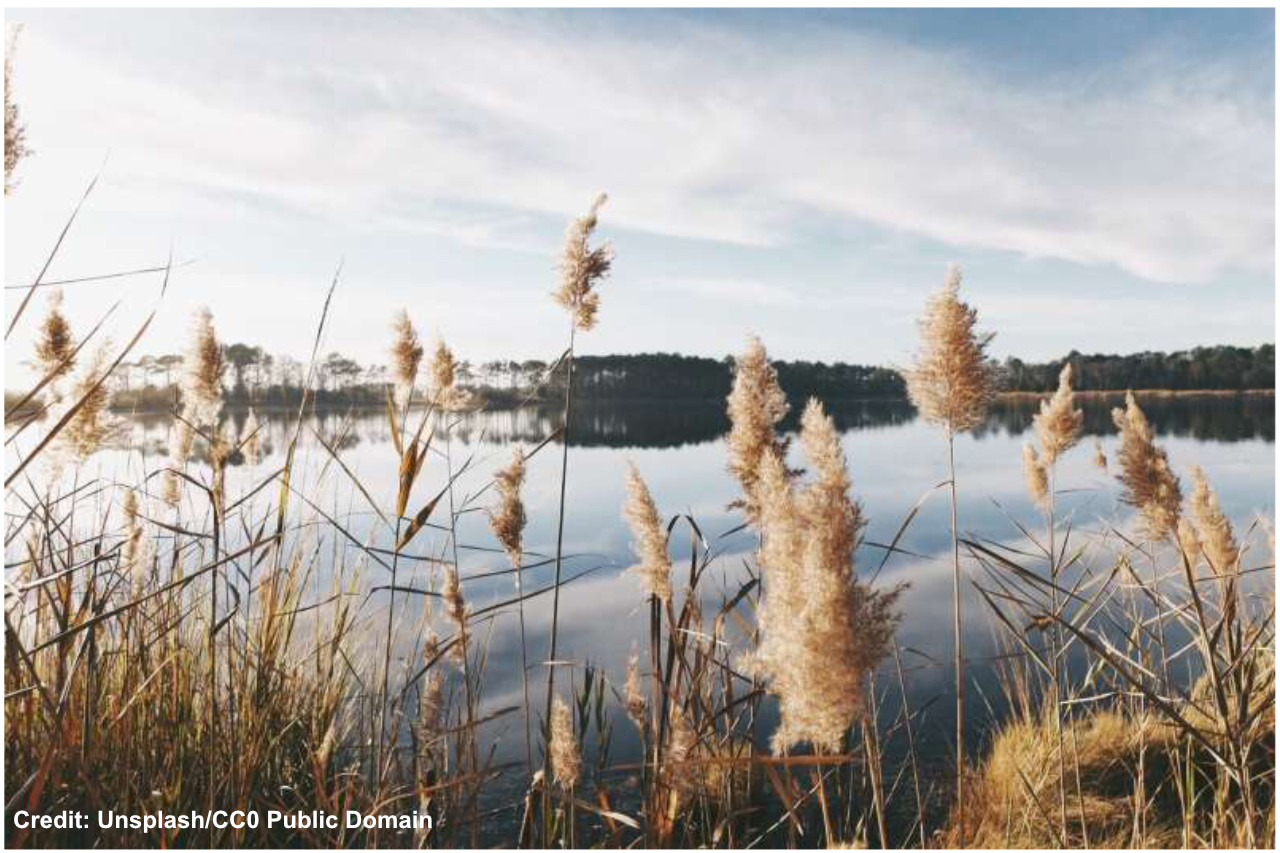Riverine fish numbers increase amidst environmental challenges

A recent study conducted by researchers from the University of Sheffield, in collaboration with Illinois State University, the University of Tennessee, and the University of Washington, has revealed surprising trends in the abundance and species richness of riverine fish worldwide. Contrary to prior scientific beliefs, which attributed increases in freshwater fish diversity to improvements in water quality, the study finds that the rise in diversity is primarily driven by the proliferation of non-native species, rather than ecosystem recovery in historically industrialized regions.
A study published in Nature Ecology & Evolution has revealed significant trends in riverine fish communities worldwide. Researchers found an average increase of 13% per decade in community abundance and a 7% increase in species richness. However, the study also uncovered a concerning 30% average decline per decade in riverine fish community similarity. Investigating the impact of human activities on river ecosystems, the study showed that areas experiencing environmental degradation undergo faster transformations in fish communities. The combination of land degradation and the introduction of non-native species by humans exacerbates this change, particularly in regions where human impacts have intensified recently. Initially, human activities lead to habitat degradation and declines in native species. Over time, the introduction of non-native species, intentionally or unintentionally, further alters the ecosystem, with these non-natives often outcompeting native species in degraded habitats.
Freshwater ecosystems, comprising rivers, lakes, and wetlands, are crucial habitats hosting approximately 10% of known species, including one-third of all vertebrates, despite covering less than 1% of the Earth's surface. These ecosystems provide essential resources like food, water, and energy but are increasingly threatened by human activities. Alain Danet, a postdoctoral research associate at the University of Sheffield and lead author of a study, emphasized the necessity of characterizing local biodiversity changes worldwide. Understanding these changes is vital for assessing ecosystem degradation, evaluating environmental policy effectiveness, and implementing conservation measures. The study reveals an overall increase in species numbers over time, accompanied by rapid species replacement. However, it highlights that many of these new species are non-native and can adapt to damaged environments. Contrary to the belief that more species always indicate a healthier ecosystem, the findings suggest that reported increases may not necessarily benefit ecosystems impacted by human activities. Head to Alice Fletcher’s article in Phys.org to learn more https://phys.org/news/2024-02-riverine-fish-environmental.html